Publications
Articles, publications, books, tools and multimedia features from the U.S. Institute of Peace provide the latest news, analysis, research findings, practitioner guides and reports, all related to the conflict zones and issues that are at the center of the Institute’s work to prevent and reduce violent conflict.
Question And Answer
Amid a Changing Global Order, NATO Looks East
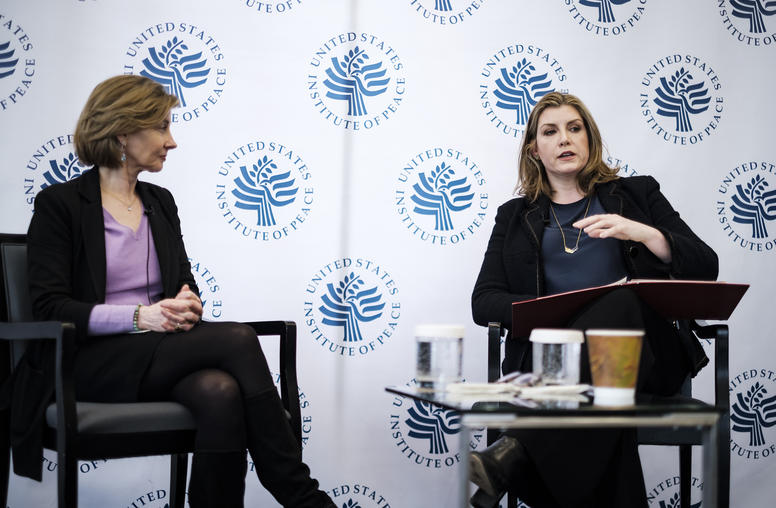
U.K. Secretary Talks History, Equality on International Women’s Day
This year marks a full century since American women won the right to vote, lending particular resonance to 2019’s International Women’s Day. For USIP President Nancy Lindborg and her guest, Penny Mordaunt, the U.K. secretary of state for international development and minister for women and equalities, the March 8 celebration was an ideal moment to reflect on women’s progress in their countries and globally and to highlight remaining obstacles to women’s full participation in society.
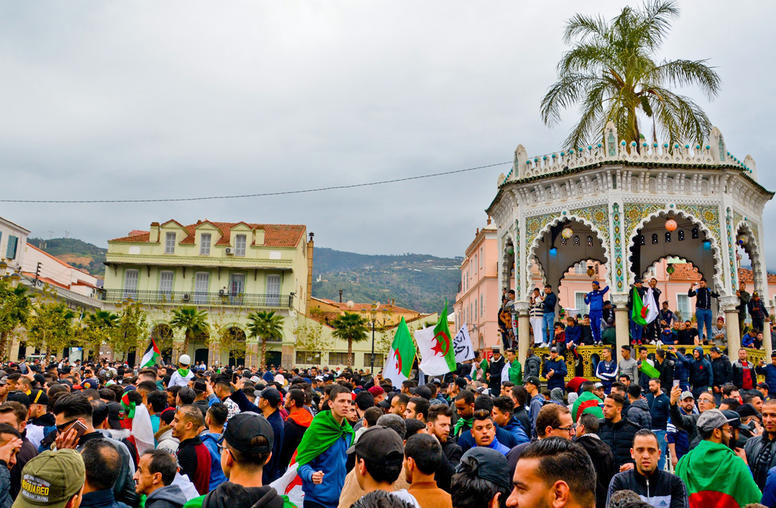
Will Algeria’s Protests Lead to Change and a Second Arab Spring?
In response to nationwide protests, Algerian President Abdelaziz Bouteflika announced he would not seek a fifth term to extend his 20-year rule. Bouteflika’s decision was greeted with celebration by the protesters, who saw it as the first victory in a potential democratic revolution. However, the upcoming presidential elections have been delayed, effectively allowing Bouteflika and a small group of ruling elites to govern indefinitely. What follows for Algeria is an uncertain period, one that echoes the “Arab Spring” that swept through the region in 2011. USIP’s Thomas Hill discusses Algeria’s future and the possibility of a second “Arab Spring” on the horizon.

What Can Make Displaced People More Vulnerable to Extremism?
As the international community works to prevent new generations of radicalization in war-torn regions, debate focuses often on the problem of people uprooted from their homes—a population that has reached a record high of 68.5 million people. Public discussion in Europe, the United States and elsewhere includes the notion that displaced peoples are at high risk of being radicalized by extremist groups such as ISIS. Scholars and peacebuilding practitioners have rightly warned against such generalizations, underscoring the need to learn which situations may make uprooted people vulnerable to radicalization. A new USIP study from Afghanistan notes the importance of specific conditions faced by displaced people—and it offers indications suggesting the importance for policy of supporting early interventions to stabilize the living conditions of displaced people after they return home.
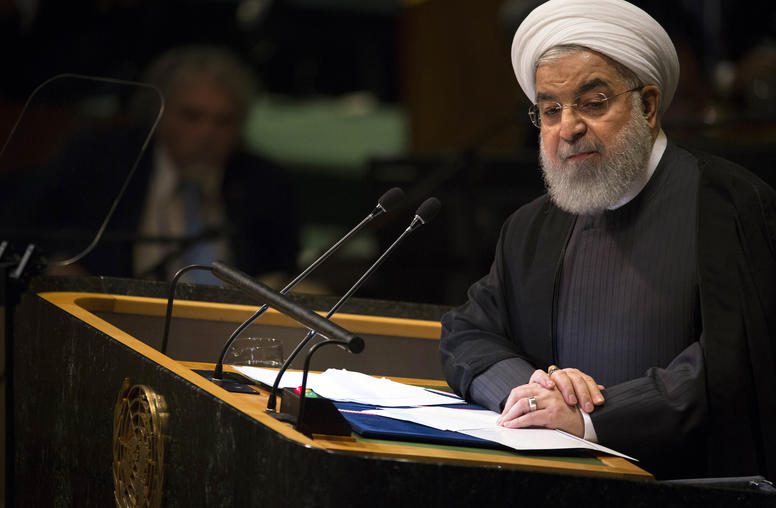
Iran Looks to Shore up its Influence in Iraq
This week, Iran’s president, Hassan Rouhani, made his first official trip to Baghdad. Following a meeting with Iraqi Prime Minister Adel Abdul Mahdi, the two leaders announced agreements to expand trade, establish a rail link between the two countries, and remove travel restrictions. Rouhani also had a high-profile meeting with Grand Ayatollah Ali Sistani, the most revered religious authority in Iraq. USIP’s Sarhang Hamasaeed examines the implications for the complicated Iran-Iraq relationship.
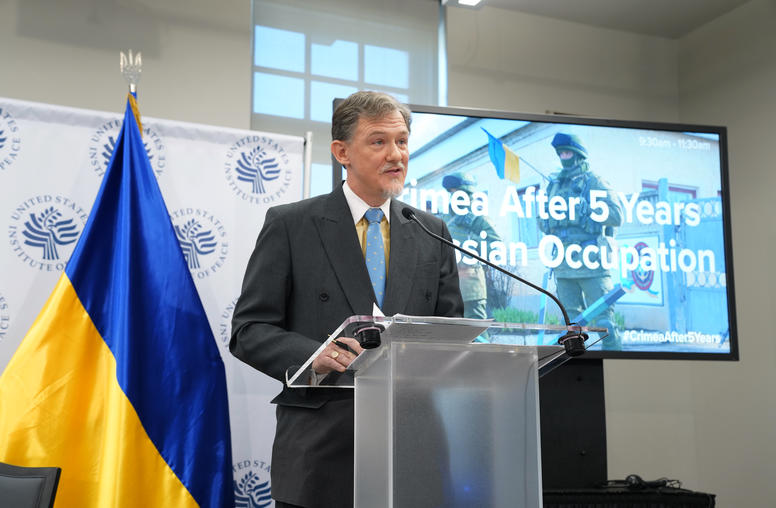
Crimea Seizure: A Policy Struggle Five Years Later
Five years after Russian forces took Crimea from Ukraine, the international community is still struggling with how to respond to a major power seizing another country’s territory for the first time since World War II and the founding of the United Nations, a senior State Department official said.

Middle East Peace: What can we Learn from Camp David 40 Years Later?
March 26 marks the 40th anniversary of the signing ceremony of the Egypt-Israel peace treaty that resulted from the Camp David Accords. Negotiated by Israeli Prime Minister Menachem Begin, Egyptian President Anwar Sadat and U.S. President Jimmy Carter, the treaty has been a cornerstone of regional security and U.S. strategy in the Middle East.

What’s at Stake in Ukraine’s Presidential Polls?
Over 35 million Ukrainians are eligible to choose their next president on March 31. However, several million voters in Russia-annexed Crimea and rebel-held parts of east Ukraine will not be able to vote, demonstrating how the conflict with Moscow looms large over these elections.
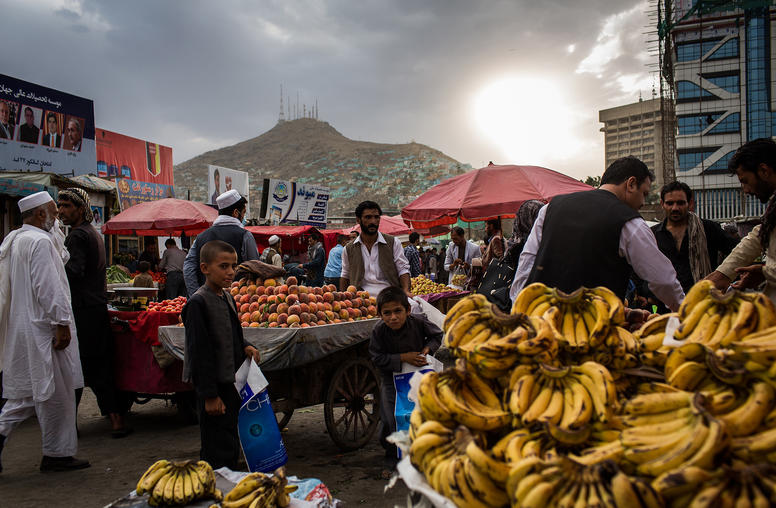
Can Afghanistan Reap a Peace Dividend if Taliban Talks Succeed?
In recent months there has been a flurry of movement in the Afghan peace process, leading to talk of a “peace dividend” that would boost the country’s economy and incentivize and sustain peace. For example, the November 2018 Geneva international conference on Afghanistan called for donors and development and regional partners to develop a post-settlement economic action plan. But what would a peace dividend look like in war-torn Afghanistan? In the short run, could it help incentivize the insurgency and state actors to agree and adhere to a peace agreement? And in the longer term, could it help sustain peace and lead to a more prosperous and stable Afghanistan?
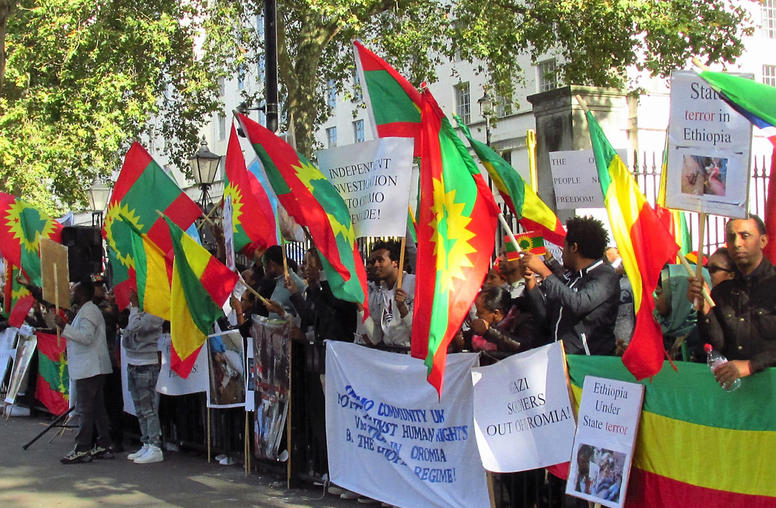
A Year of Change in Ethiopia
A year ago today, 42-year old reformist politician Abiy Ahmed became prime minister of Ethiopia. Abiy came to power during a deep political crisis with widespread grievances across this country of over 105 million people, and quickly began to enact political reforms. USIP’s Aly Verjee and Payton Knopf discuss Abiy’s year as prime minister and identify the challenges that lie ahead for eastern Africa’s most populous country.
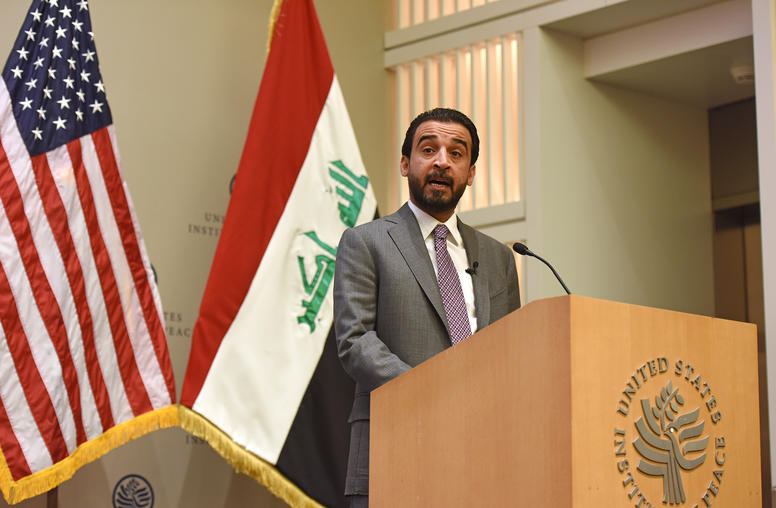
Iraq’s Leading Lawmaker Warns Aid Needed to Finish Off ISIS
Iraq is beginning to stabilize after its military victory against ISIS, but international assistance—without political meddling—remains badly needed to rebuild its economy and social fabric, the speaker of Iraq’s parliament, Mohamed al-Halbousi, said.